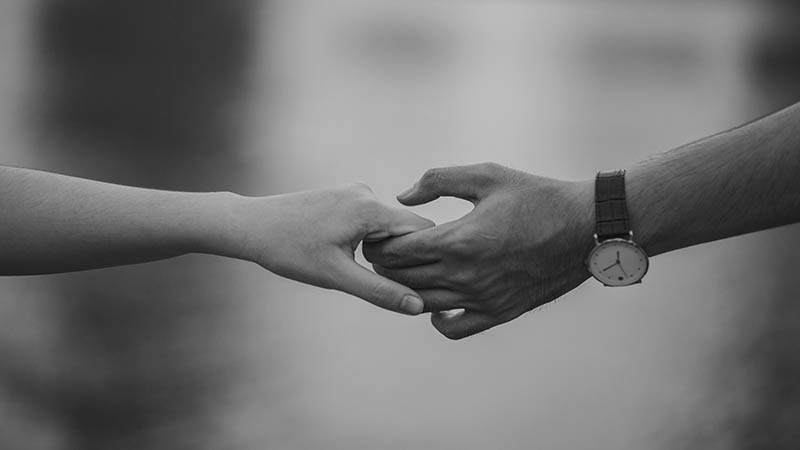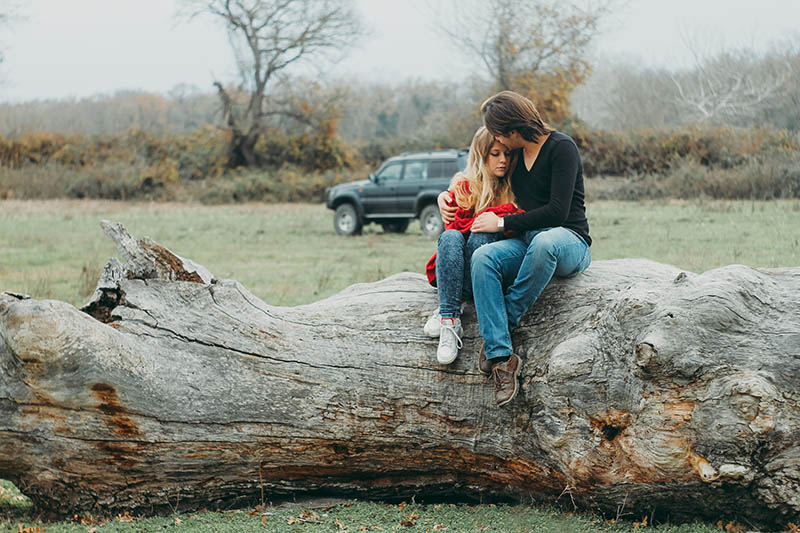Often when couples experience loss of an unborn child they don’t know how to handle or share their grief with each other and with others. Every year, 10-25% of pregnant women experience a miscarriage, making it a startling common, and yet overlooked occurrence. Because the memories of the unborn child are reserved to its time in the womb, it can be difficult for people to understand why there’s an attachment to the miscarried baby. However, mothers and their partners may suffer physically and emotionally after a miscarriage. Additionally, a couple may struggle to keep their partnership secure. Couples therapy in Los Angeles can help people strengthen their relationships after a miscarriage.
Miscarriage
Typically, a woman will miscarry during her first trimester, between week 6 and week 12. Some women will bleed heavily and cramp as contractions expel the fetus. Some women who have been notified that the fetus is too small or doesn’t have a heartbeat will choose to have a procedure to empty out their uterus in a safe and supervised way. Most miscarriages are due to chromosomal anomalies. Others vary from disease, infection, substance abuse, old age, and more. A miscarriage can’t be controlled or prevented.

Grieving Process
Couples that go through a miscarriage may find themselves dealing with unexpected pain and emotions. This may be due to it being an isolating experience for the couple. To the rest of the world, it may be perceived as though the child never existed because it was never born so it’s hard to comprehend grieving the loss. Often, parents-to-be are told that they can just try again and they should move on. Family and friends may not know how to react and handle the situation, so they may distance themselves from the couple. Furthermore, there are no conventional rituals for this type of loss that would otherwise bring closure.
Women who miscarry might face depression and anxiety because they felt the changes in their bodies, and the baby growing, and then a shock when they find that the baby is gone. They may have created a fantasy for their future child’s life by purchasing baby essentials, reading parenting books, and researching schooling options. A woman may also experience the reopening of the wound if people ask her about the miscarriage.
It’s normal that a woman may feel jealous of other pregnant women after a miscarriage. Or, they may feel guilty as if it was their fault for causing the miscarriage. And, they may feel absolutely numb in life as they try to process what happened. Their hormones also intensify feelings and mood changes that occur. Moreover, if a woman struggles with mental health issues or has had previous miscarriages, the trauma can be extremely hard-hitting.
Unfortunately, there is no time frame for grieving. Women can grieve for days, weeks, and even years for their unborn offspring. That is why getting help through this difficult situation is beneficial.
Find Couples Therapy in Los Angeles
There’s so much to process when a couple experiences a miscarriage. Things get heavy, dark, confusing. A therapist can assist people in a relationship to understand their feelings and find ways to move forward. It’s recommended that a couple seek therapy within the first year of miscarriage to prevent too much strain on either party or the relationship. In therapy, a mother can openly discuss how she feels about everything and give insight to her partner who may not feel what the mother feels. The partner not carrying the child can also have a safe place to release their emotions associated with their partner, the experience, and their role in the partnership. A couple’s therapist can arm each partner with tools for communicating through these difficulties and future concerns around trying again. Moreover, therapy can give the couple the confidence to try again.
For more information on getting couples therapy in Los Angeles after a miscarriage, call Trauma and Beyond Center ® at (818) 651-0725.

